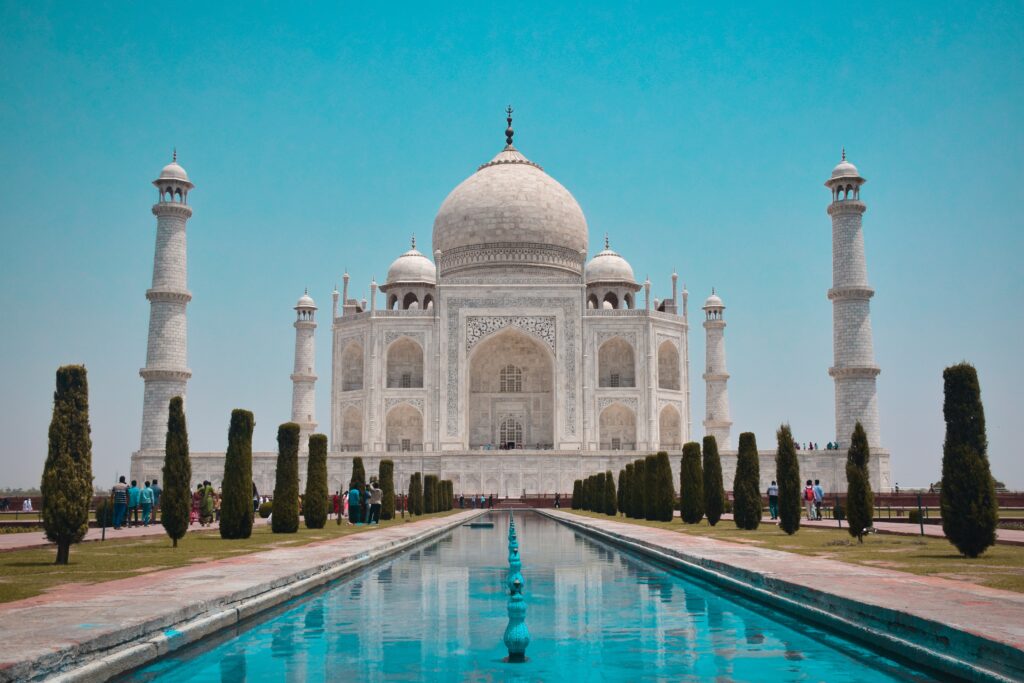India’s fast growing fitness industry will impact the fitness centres being built in luxury hotels there.
India’s fitness revolution and economy is on the cusp of a seismic transformation, emerging as one of the fastest-growing wellness markets in the world. Recent data from the India Fitness Market Report 2025, produced by Deloitte and the Health & Fitness Association (HFA), reveals India’s fitness industry is expected to more than double in value—from $1.9 billion in 2024 to $4.5 billion by 2030, at a robust 15% compound annual growth rate.
This extraordinary momentum is powered by a young and aspirational population, greater health awareness post-pandemic, and the rise of boutique fitness models that offer immersive, community-driven experiences—the kind now being embraced by luxury hotels across India.
Despite its vast population of 956 million aged between 18 and 62, India’s fitness penetration remains low, with less than 1% holding a membership at a gym or studio.
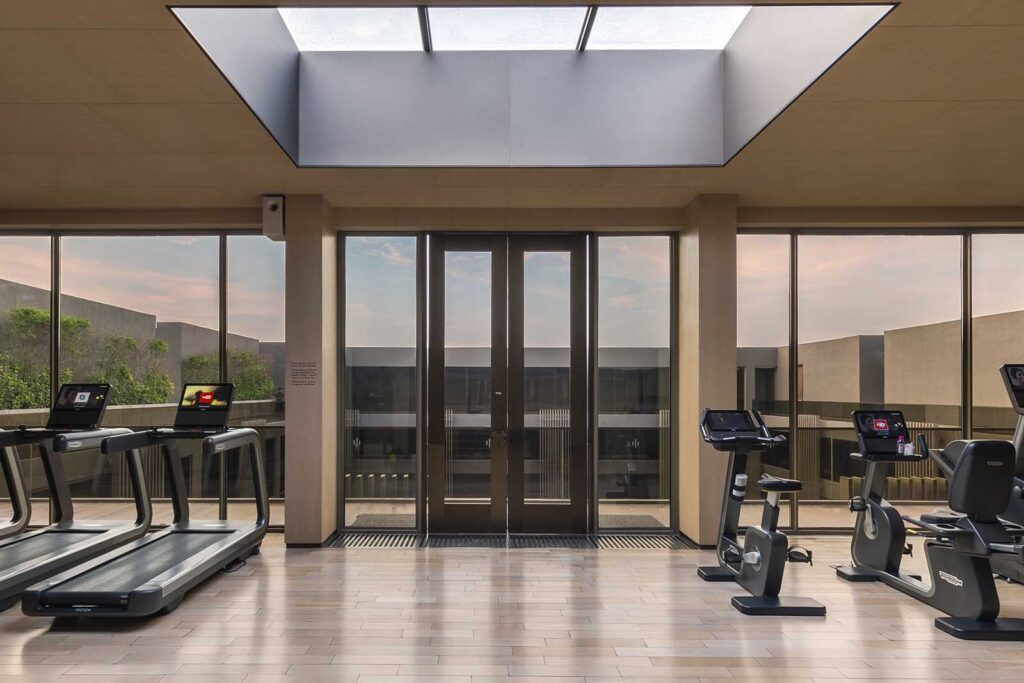
This is dwarfed by the 25% rate in the U.S. and 17% in the U.K., but signals unparalleled opportunity for expansion. Deloitte forecasts membership to grow from 12.3 million today to 23.3 million by 2030, and facilities to jump from 46,500 to 65,500, expanding well beyond major metro cities into smaller towns and rural areas.
The untapped market, nearly 820 million inactive adults, is both a challenge and a lucrative opening for fitness operators, luxury hotels, and wellness investors looking to design inclusive, accessible models that meet the diverse needs of a rising middle class.

Historically, India’s fitness industry has been dominated by value gyms, making up 78% of all memberships and 80% of total facilities in 2024.
These accessible gym chains cater to the masses but, thanks to rising incomes and changing consumer attitudes, premium and boutique studios are experiencing meteoric growth—expected to expand by almost 19% annually through 2030.
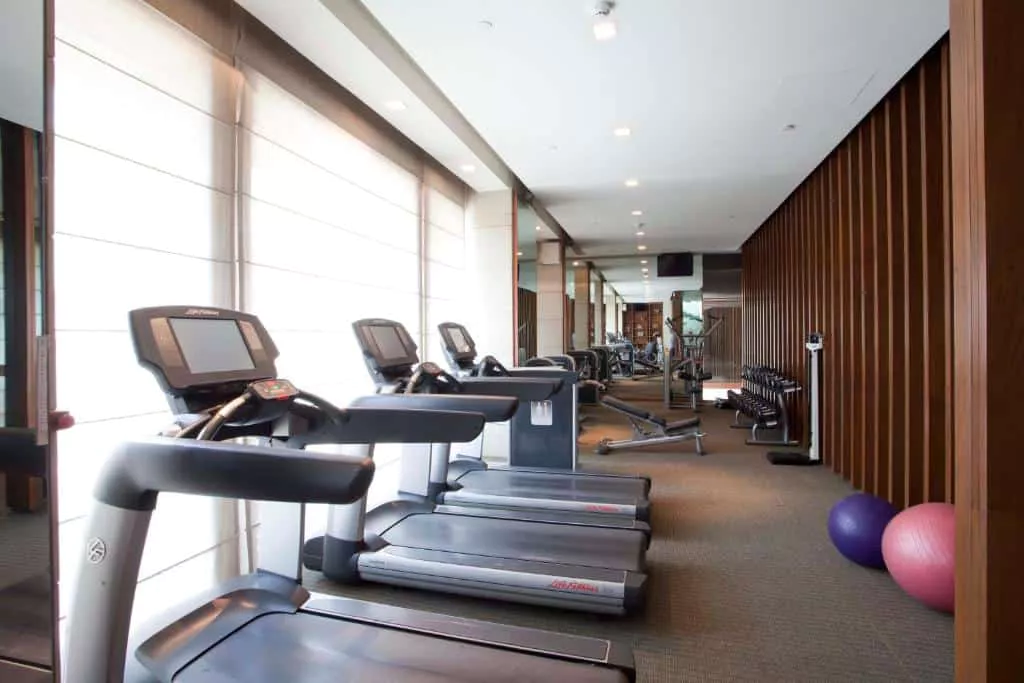
Boutique fitness caters to Gen-Z and millennial consumers who crave customisation and wellness as a lifestyle. This includes formats such as HIIT, yoga, Pilates, spinning, CrossFit, MMA, and dance-based workouts, often led by inspirational trainers and wellness influencers. These experiences stress community, convenience, and tech-enabled coaching that can be enjoyed both in-person and remotely.
This shift is having a major impact on India’s new generation of luxury hotels, which have begun to reimagine the traditional fitness center with world-class design, diverse equipment, and holistic programming.
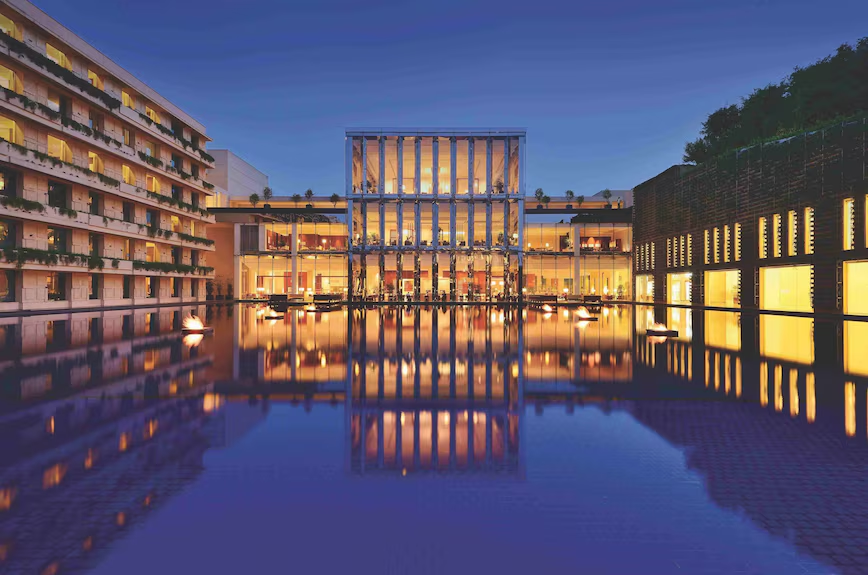
Notable luxury properties—including The Oberoi Gurgaon, Delhi’s Roseate House, Taj Rishikesh Resort & Spa, and Hyatt Regency Amritsar—now feature state-of-the-art fitness studios, rooftop yoga decks, healthy café menus, and in-house wellness coaches who offer tailored programs for guests.
The Taj Hotels group has launched its award-winning Jiva Spas and Fit Studios, focusing on ancient Indian wellness traditions while integrating global best practices in exercise, meditation, and nutrition. The Rosewood Bengaluru is set to open by 2026 with a dedicated wellness zone for HIIT, yoga, and private spa suites targeted at younger, fitness-driven travelers.

Significantly, luxury hotel operators recognize that Indian guests expect more than treadmills and dumbbells.
They’re answering the call for comprehensive wellness with offerings such as MMA workshops and dance fitness at the St. Regis Mumbai, sunrise meditation at the Ananda in the Himalayas—rated as one of the world’s best destination spas—and boutique reformer Pilates at The Leela Palace Bengaluru.
Some hotels have partnered directly with boutique studio brands, bringing India’s best instructors in yoga, barre, spinning, and functional training on-site to provide authentic experiences. Exclusive spa menus now cater to post-workout recovery, integrating Ayurveda, hydrotherapy, and tech-enabled relaxation—from sleep pods to digital fitness tracking.
Digital fitness—remote coaching, VOD classes, and app integration—is also driving growth. India’s leading luxury hotel brands now offer guests in-room access to popular apps, livestreamed workouts, virtual personal training, and post-stay wellness subscriptions.
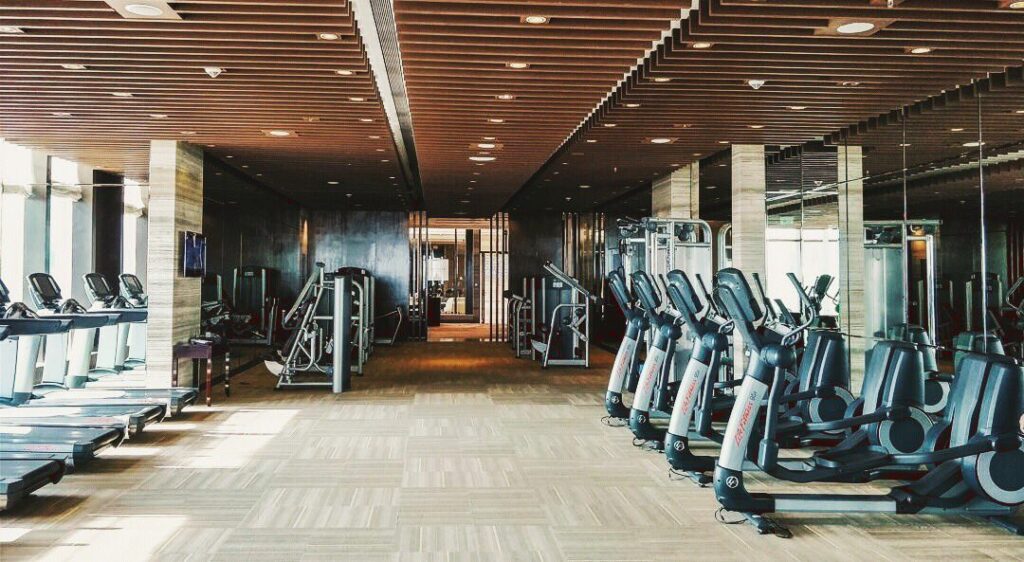
This digital-first approach, popularised by platforms like Cult.fit and Sarva Yoga, means guests can maintain fitness habits while traveling and take advantage of top-tier facilities and instruction both on- and off-property. Such innovations meet the demands of a hyper-connected, time-poor audience that sees fitness as an indispensable—yet flexible—part of daily life.
The luxury fitness trend in India is also closely linked to broader social changes—rising urbanization, a burgeoning young workforce, a growing middle class, and greater awareness of lifestyle-related illnesses such as diabetes and cardiovascular disease.
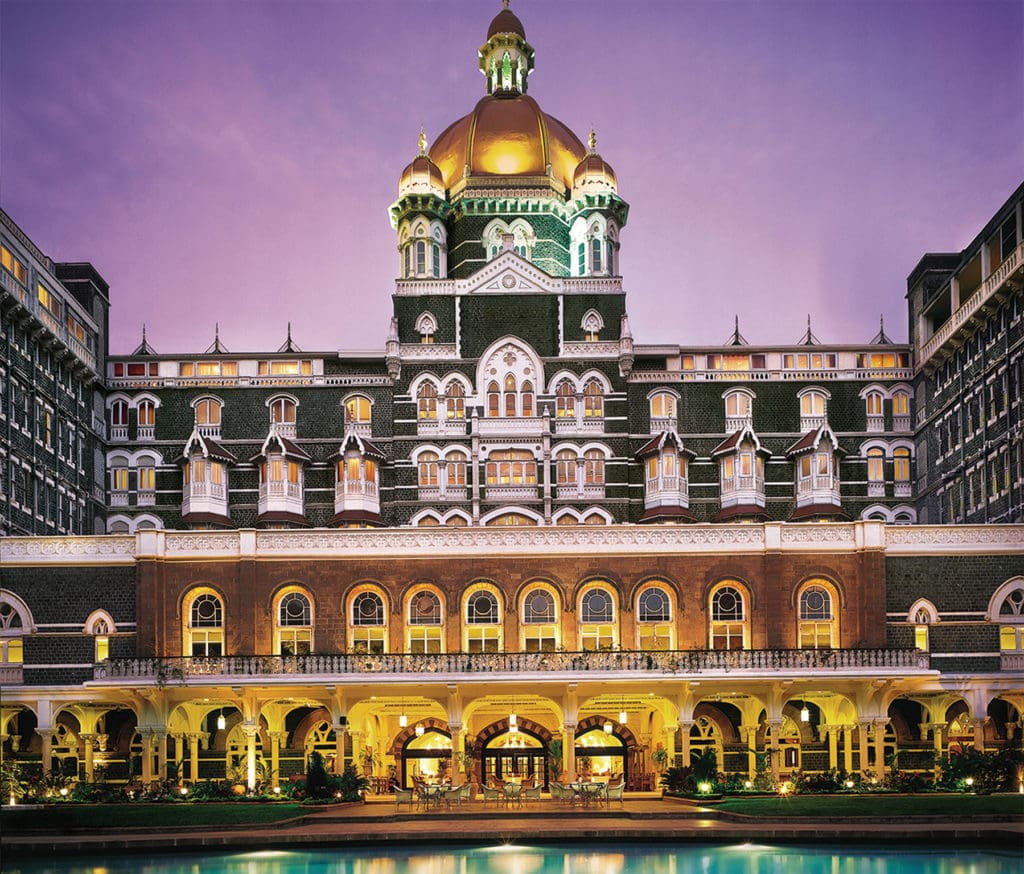
Women’s participation is surging, with nearly half of new gym members now female; meanwhile, luxury hotels have amplified programming for female guests, from women’s wellness retreats to bespoke nutrition plans.
Activewear, fitness tech, and wellness food trends are evolving alongside the fitness boom, with hotel shops and pop-ups featuring stylish apparel, smart wearables, and health-forward cuisine. Some luxury resorts now offer pop-up experiences with celebrity trainers and wellness entrepreneurs, community 5K runs, dance marathons, curated spa days, and rooftop wellness events to foster networking and social connection among guests.
For luxury hotels in India, integrating signature fitness programming has become a must-have, not just a marketing gimmick.
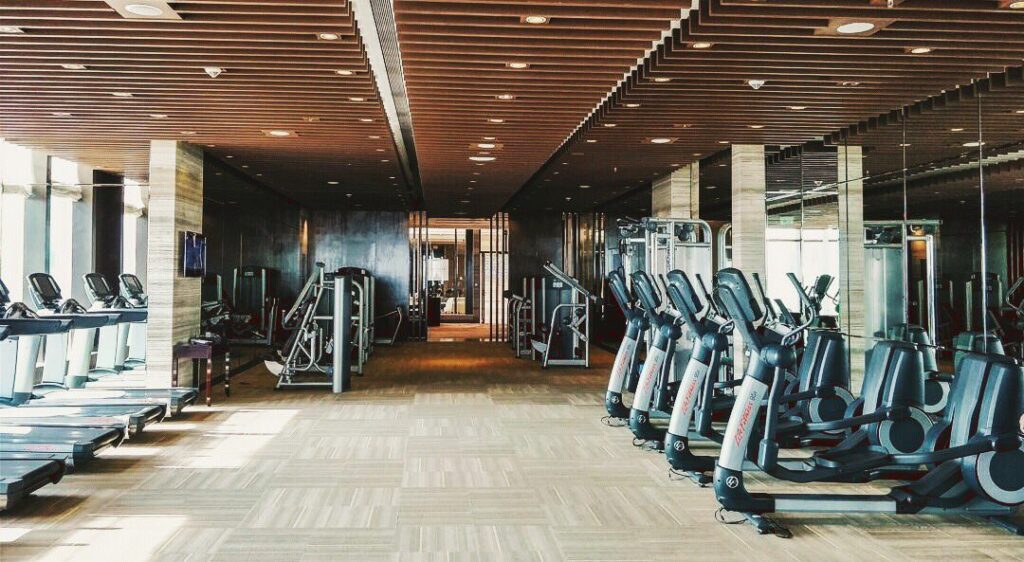
It enhances guest experience, increases occupancy, captures domestic wellness tourism, and aligns with India’s rising aspirational culture—a demographic that wants more than opulence: they want to thrive, connect, and redefine their relationship with health. As boutique fitness studios continue their explosive growth, luxury hotels are perfectly positioned to serve the next wave of health-focused travelers seeking connection, expert coaching, technology-enabled services, and high-impact, restorative experiences.
In conclusion, India’s fitness market is undergoing a transformation that’s shaping the future of luxury hospitality nationwide.
As more hotels offer cutting-edge fitness amenities, immersive wellness programs, and digital-first coaching, guests are experiencing wellness as a holistic, lifelong journey—a fundamental part of India’s growth story and a beacon for the global industry. The country’s immense untapped fitness population promises not just commercial opportunity, but a cultural wellness revolution, where luxury hotels stand at the heart of a happier, healthier India.

